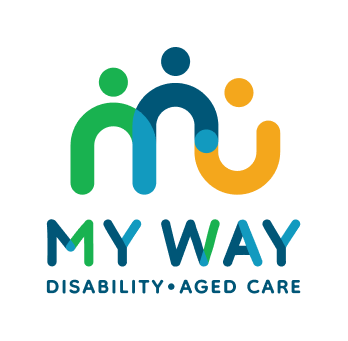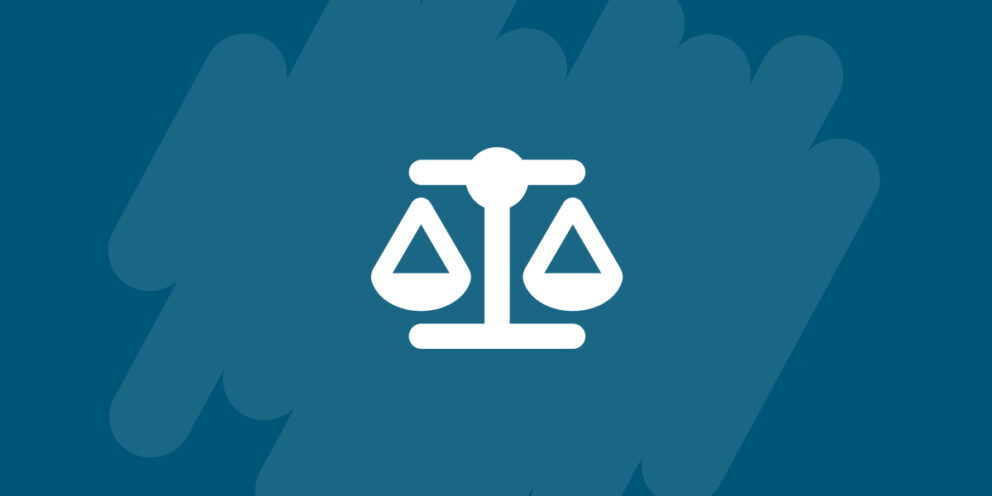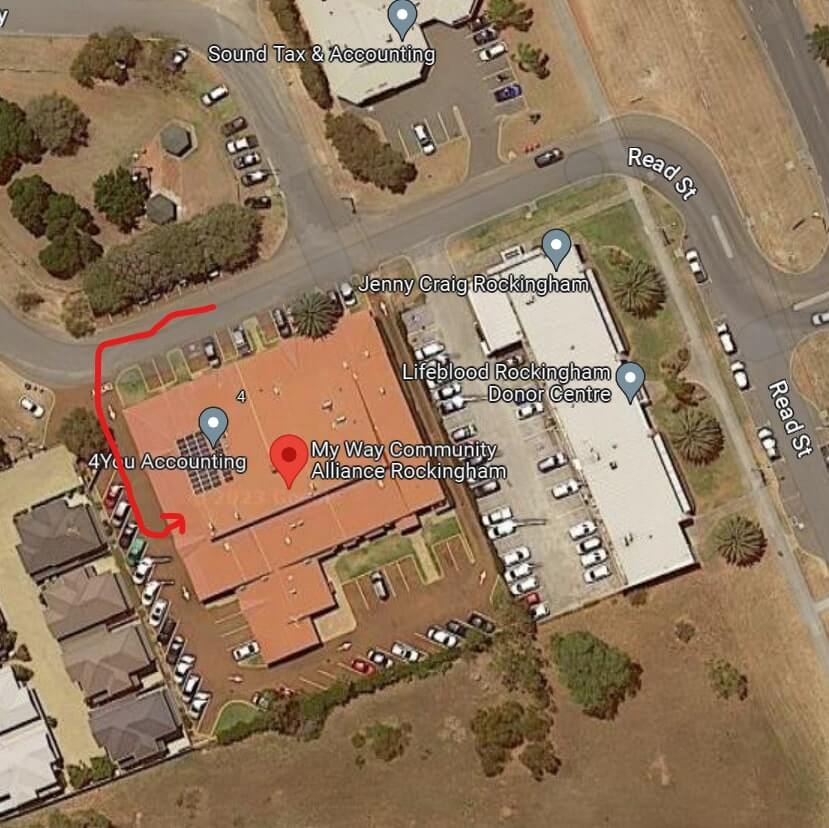We are working with several people with disability who have been in prison. Navigating the intersection between disability and the justice system presents unique challenges for individuals with impairment due to intellectual disabilities, autism, mental illness or complex trauma. This is especially true when their disability is not visible to others.
People with impairment can do the wrong thing and make poor choices, often leading to criminalisation and prolonged incarceration. Usually, they are remanded in custody until a neurodevelopmental impairment (NDI) judgement is made, and the person is linked to a provider who starts working with them on the transition back into the community.
Through a referral process, My Way supports these individuals as they move from prison to reintegration. The process involves communication with Guardians, Corrective Services, NDIS Planners, Support Coordinators, Legal Aid and social workers from the Department of Justice. There are multiple stages to work through, each with its own challenges and opportunities for support.
Stages, Challenges & How My Way Assists
1. Incarceration and Initial Contact
Challenge: People living with a disability may stay in custody indefinitely while awaiting appropriate NDIS Service Providers.
How My Way Assists: My Way establishes relationships with people in the justice system and correctional services. Our staff are trained and cleared to access prisons. Once the experienced support team are cleared by prison services, they will begin working with individuals. We provide vital emotional support and start the process of building trust.
2. Navigating Prison Systems
Challenge: Delays in clearance, limited visitation opportunities, and extended court dates mean that individuals often remain imprisoned for much longer than necessary.
How My Way Assists: My Way staff maintain regular visits despite the restrictions, ensuring the individual understands the plan for their eventual release. These visits also help the person build relationships with the support team that will assist them in transitioning to the community.
3. Transitioning to the Community
Challenge: Securing appropriate short-term accommodation and managing ongoing NDIS funding challenges can be difficult. The transition period can be long and uncertain.
How My Way Assists: My Way works diligently to find sustainable, safe accommodation for individuals upon release. We ensure that funding aligns with the individual’s needs and help them settle into the community by connecting them with relevant services.
4. Ongoing Reporting and Legal Obligations
Challenge: For some individuals, transitioning fully into an independent life, free of correctional oversight, can take years. During this time, finding long-term housing and employment is essential for their success.
How My Way Assists: My Way supports individuals beyond the immediate post-prison phase, helping them secure long-term accommodation, find employment and integrate into society. Our structured and committed support helps individuals regain their independence, ensuring they remain productive community members without returning to the justice system.
My Way is committed to supporting NDIS participants currently in custody. We work alongside these people to assist in overcoming challenges, fulfilling their goals, and leading positive, independent lives. We help people achieve this by aligning closely with the individual and adapting support to their changing needs. This work is focused on finding the right people to help them in their journey back into the community. If you would like to speak to us about support for an NDIS participant who is currently in prison, please get in touch.




